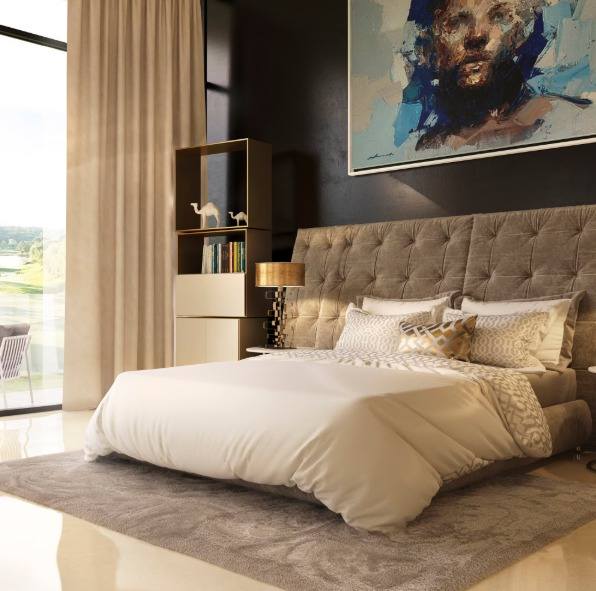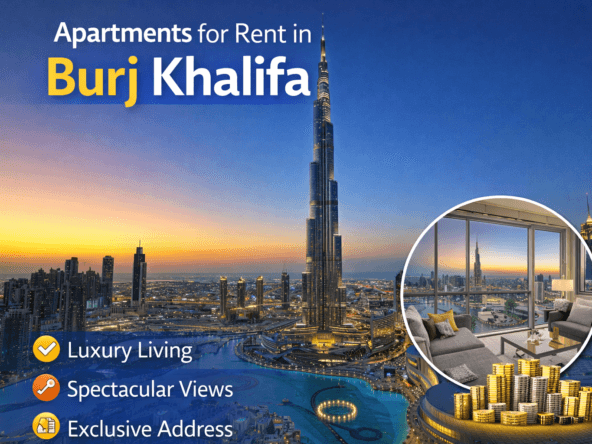Renting partition flats Dubai has become a common solution for many expatriates trying to balance affordability and convenience. Partition flats involve converting a room or apartment into smaller private sections to accommodate multiple tenants at a reduced cost. While these rentals may help save money, there are important legal, practical, and lifestyle considerations to weigh. This comprehensive guide offers critical tips for renting partition flats in Dubai, especially for expats navigating the housing market.
Thank you for reading this post, don't forget to subscribe!Understanding Partition Flats in Dubai
Renting partition flats are typically created when landlords or tenants subdivide existing residential units—like studio apartments or one-bedroom flats—into smaller living spaces using temporary walls, curtains, or wooden panels. These partitions provide private sleeping or living quarters for individuals at a fraction of standard rent costs.
Many new expats gravitate towards partition flats due to their affordability, especially in high-demand areas near business hubs. But this setup often comes with limited privacy, shared bathrooms, and basic facilities.
Why Renting partition flats Are Popular Among Dubai Expats

Renting partition flats appeal to:
- Single professionals on tight budgets
- Jobseekers new to the UAE
- Temporary or contract-based workers
- Residents looking to cut housing costs
Their affordability makes them a widespread option, but renters must evaluate whether the compromise on comfort and legality is worth the savings.
Legality of Partition Flats in Dubai

One of the most critical tips for renting partition flats is verifying legality. Many partition flats operate in a legal gray area. Dubai Municipality has regulations that restrict unauthorized modifications of rental units. Violations can lead to fines or eviction.
Before signing a rental agreement:
- Ask if the property is registered and approved for partitions.
- Request documentation or proof of landlord consent.
- Avoid listings that appear overcrowded or structurally unsafe.
Illegally modified flats may not comply with fire safety codes or health regulations, putting tenants at risk.
Cost Considerations and What to Expect
Partition flats typically cost between AED 800 to AED 2000 per month, depending on location and amenities. Rates vary across districts, with Deira, Al Nahda, and Bur Dubai offering the most listings.
When comparing options, consider:
- Whether utilities (electricity, water, internet) are included
- The condition of shared bathrooms and kitchens
- Availability of AC, wardrobes, and privacy curtains
- Number of people sharing the apartment
Hidden costs—like maintenance or cleaning fees—may also apply.
Best Areas in Dubai for Renting Partition Flats

Here are some areas popular among expats for partition rentals:
Deira: Budget-Friendly and Central
Deira offers excellent transport access and affordability. Partition flats here are abundant, though units can be densely packed. Ensure legal compliance before renting.
Bur Dubai: Affordable and Culturally Rich
Bur Dubai provides both heritage and convenience. Many partition flats exist near Meena Bazaar, Al Fahidi, and ADCB Metro. The area is a mix of expats and locals.
Al Nahda: Popular With Working Professionals
Al Nahda offers relatively modern buildings and is close to Sharjah. It’s popular among those working in both emirates. Many flats are subdivided for partition rentals.
Karama and Satwa: Value and Accessibility
Karama and Satwa are budget-conscious options with many partition flats. These neighborhoods offer lively markets and walkable access to restaurants and services.
What to Check Before Signing the Rental Agreement
If you’re serious about partition flat living, here’s what you must confirm:
1. Verify Property Ownership and Authorization
Ensure the landlord or agent has legal authority to rent out the partitioned space. Unauthorized landlords may disappear with your deposit.
2. Inspect the Partition and Facilities
Visit the flat in person. Check wall height, privacy, ventilation, AC, and locks. Poorly constructed partitions may affect safety or comfort.
3. Review Utility Responsibilities
Ask whether DEWA (Dubai Electricity and Water Authority) bills are included. Some landlords split costs among tenants; others include them in rent.
4. Clarify Access and Guest Rules
Some landlords restrict guests or limit access to the kitchen or washing machine. Discuss house rules upfront to avoid future disputes.
Pros and Cons of Renting Partition Flats
Pros:
- Extremely affordable for short-term or budget renters
- Flexible leasing—often month-to-month
- Central locations at lower rates
Cons:
- Reduced privacy and personal space
- Legal ambiguity and potential eviction risks
- Shared bathrooms and kitchens can cause hygiene issues
Understanding both sides is crucial when considering the tips for renting partition flats.
How to Avoid Scams and Overcrowding
Unfortunately, the partition flat market has seen a rise in misleading ads and unethical landlords.
Tips to Protect Yourself:
- Never pay deposits without viewing the unit
- Request a receipt and signed rental contract
- Avoid cash payments—use bank transfers for traceability
- Speak with current tenants about their experience
Dubai’s Real Estate Regulatory Agency (RERA) offers tenant protections, but only for legally registered units. Stay vigilant.
Hygiene, Safety, and Comfort in Partition Living
Partition flats can present sanitation and safety challenges. Consider the following tips:
- Choose flats with fewer partitions per apartment
- Check for pest control and ventilation
- Inspect fire safety tools (smoke detectors, fire extinguishers)
- Ensure bathrooms and kitchens are cleaned regularly
These practical tips for renting partition flats can help you live more comfortably despite limitations.
Duration of Stay and Lease Flexibility
One benefit of partition rentals is lease flexibility. Many landlords offer:
- Weekly, monthly, or quarterly payment plans
- No need for post-dated cheques
- Deposit-free options (though less common)
However, always clarify termination terms in writing.
Alternatives to Renting partition flats
While partition flats suit some tenants, others might consider:
- Room shares with fewer people
- Studio apartments in older buildings
- Staff accommodation from employers
In some cases, employers offer partial housing support. Always explore alternatives if your budget allows.
Connecting With Other Expats
Many renters find partition flats through:
- WhatsApp housing groups
- Facebook expat communities
- Classifieds in supermarkets or cafés
Networking helps you get honest reviews, compare prices, and avoid scams. Always rely on personal referrals when possible.
Legal Rights and Reporting Unsafe Housing
Expats renting partition flats still have rights. If you face unfair treatment, overcrowding, or safety hazards, contact:
- Dubai Municipality (800900)
- RERA – Real Estate Regulatory Agency
- Your consulate, for legal guidance and support
Understanding your rights is one of the most powerful tips for renting partition flats in Dubai.
Related Internal Links for More Guidance
- Is Buying Property in UAE Worth It? Pros, Cons & ROI
- How to Open a Commercial Business in Dubai
- Family Accommodation for Rent in Abu Dhabi
These resources provide helpful context if you’re deciding between renting, investing, or running a business in the UAE.
FAQs
Q: Are partition flats legal in Dubai?
Not all are legal. Dubai Municipality has rules against unauthorized partitions. Always confirm if the flat is officially approved.
Q: How much does a partition flat cost in Dubai?
Prices range from AED 800 to AED 2000 per month depending on location, facilities, and number of tenants.
Q: Can I get evicted from a partition flat without notice?
Yes, especially if the unit is illegal. Tenants in unregistered flats lack formal lease protections.
Q: Do partition flats include utilities?
Some do, but many split bills among tenants. Always confirm before moving in.
Q: Where can I report unsafe or illegal partition flats?
Contact Dubai Municipality at 800900 or RERA for regulatory action.
Q: Are there better alternatives to partition flats for budget renters?
Yes. Consider shared rooms in legal flats, studio apartments, or employer-sponsored housing.
Q: What documents should I request before paying rent?
Ask for a copy of the landlord’s ID, property ownership documents, and a signed rental agreement.
Q: How can I find trustworthy listings for partition flats?
Use verified platforms, community referrals, or visit listings in person. Avoid sending money upfront.







